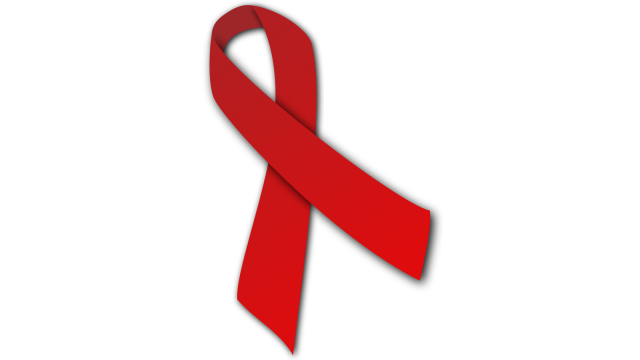HRC Participates in HIV is Not a Crime II Conference; Advocates to End Bad HIV Laws

Last week, I attended the HIV is Not a Crime II National Training Academy in Huntsville at the University of Alabama. Positive Women’s Network USA and the Sero Project, two groups leading the fight against HIV criminalization in the U.S., organized the conference. Co-sponsors included HRC, GMHC, the Southern AIDS Coalition, the Williams Institute and several others.
In a room of more than 300 advocates and activists, topics such as criminal justice reform, anti-Blackness and sex workers’ rights were discussed and debated in plenary sessions and workshops throughout the week. While everyone may not have agreed on every point or every issue, there was broad consensus that something had to be done to address the harmful effects of HIV criminalization laws, which run counter to public health and perpetuate stigma against people living with or affected by HIV.
The conference began with former Secretary of State Hillary Clinton who welcomed attendees, including several from Canada, Germany, Mexico and the United Kingdom, and reaffirmed her commitment to ending the unfair prosecution of people living with HIV and AIDS. In a plenary session entitled Anti-Blackness & HIV Criminalization: Grounding Ourselves in Racial Justice, Akil Patterson, Steven Thrasher, Isaiah Wilson and Tyrone Hanley discussed the racialized aspects of the Michael Johnson case and how Black LGBTQ advocates from across the country banned together to educate the LGBTQ community about his case. In April, HRC signed onto an amicus brief led by the National Center for Lesbian Rights in support of Johnson.
Conference attendees also heard from Kerry Thomas, a Black man who is currently serving 30 years in an Idaho prison for non-disclosure, even though he used a condom and did not actually transmit HIV to a partner. Other speakers included Mary Fisher, Joel Goodman and Colorado State Senator Pat Steadman.
Ultimately, HIV Is Not a Crime Training Academy II made clear to me that there are advocates and networks of activists all across the country who are working passionately to address the criminalization of HIV and sex work in the U.S. I left with a greater responsibility to integrate those messages and personal narratives as often as I can into my daily work.
In more than 30 states, people living with HIV can be tried and imprisoned simply because a partner accuses them of hiding their HIV status. While originally thought to promote disclosure of one’s HIV status, there’s no proof these laws work. And they run counter to public health by discouraging HIV testing and treatment and perpetuating stigma. Join the Human Rights Campaign, National Center for Lesbian Rights, and Center for HIV Law & Policy as we raise awareness and work to end bad HIV laws. Click here to learn more.
You Might Like
